
Grocery runs seem simple—grab, pay, go. But in between the carts and checkout lines, there’s a secret social code everyone’s supposed to follow. One wrong move, and suddenly you’re that shopper. Ready to find out if your store’s manners pass the test? Let’s roll down the aisle of etiquette!
Blocking Aisles With Your Cart
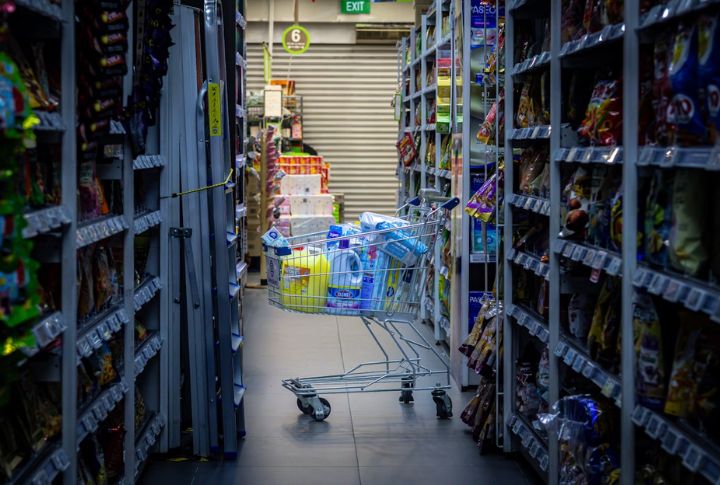
Leaving a shopping cart stationary right in the aisle creates a bottleneck. No one wants to stop their flow or try an awkward squeeze past. Shoppers aiming for a quick trip get delayed. A simple fix: remember to pull your cart over to the side. Clear walkways make it easy for everyone to move around and browse.
Abandoning Frozen Or Refrigerated Items In Non-Cold Sections
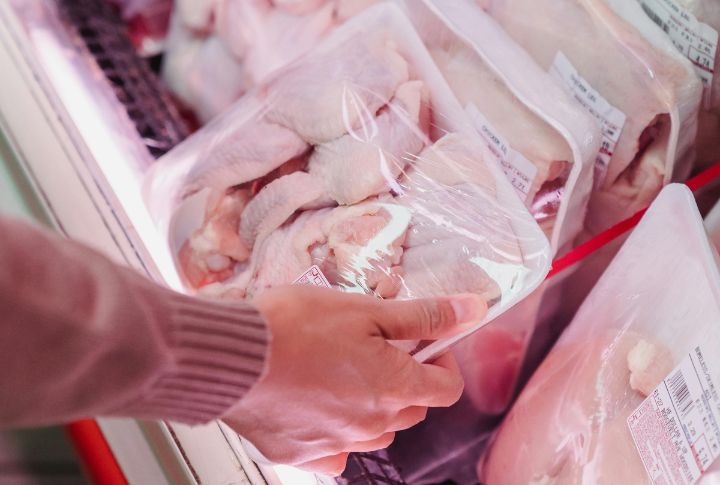
Products requiring refrigeration must stay cold; it’s a matter of food integrity and safety. When items like milk or ice cream are left on a regular shelf, they begin to spoil almost immediately. This also creates avoidable food waste. A thoughtful practice is either returning the item to a cold section or immediately alerting a store employee.
Opening And Sampling Food Packages Without Permission

You know that person who pops a grape before checkout “just to test it”? Technically, that’s eating unpaid food—and yes, it’s frowned upon. Besides, it’s not the cleanest habit when everyone’s touching the same bins. If you’re curious about flavor, stick to the store’s free sample section instead.
Cutting In Front Of Others In Checkout Lines
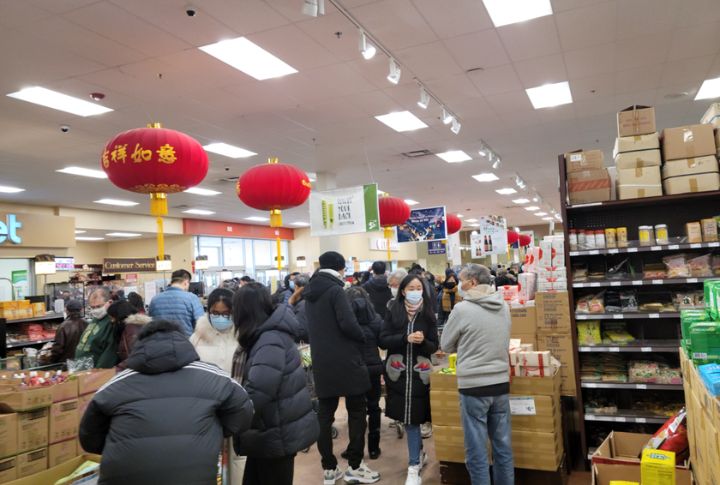
A line relies on a basic, unspoken agreement: everyone waits for their turn. Stepping ahead of someone disrupts the harmony of the checkout process. Although a friendly wave may invite you ahead, jumping the queue at express lanes ignores the time others invested in waiting.
Having Loud Phone Conversations While Shopping
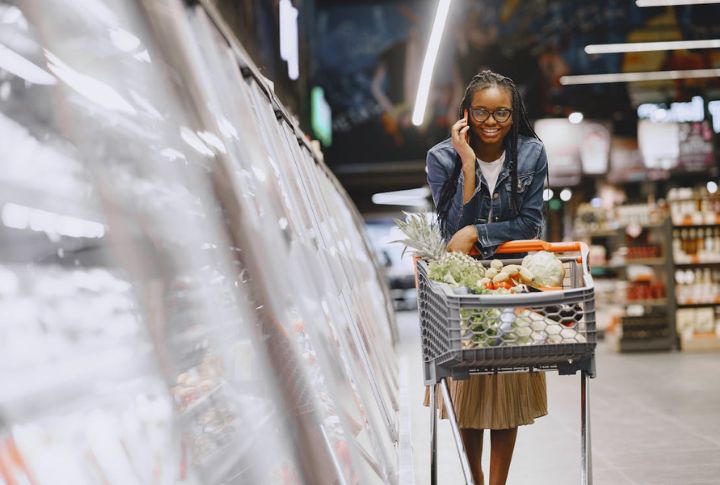
Conversations carried out loudly on a phone can echo, turning a calm store atmosphere chaotic. The noise also makes it hard for other shoppers to concentrate and complicates matters if staff try to communicate with customers. The simple, considerate choice is saving those chats until after you’ve completed your transaction.
Allowing Children To Run Unsupervised Through Store Aisles
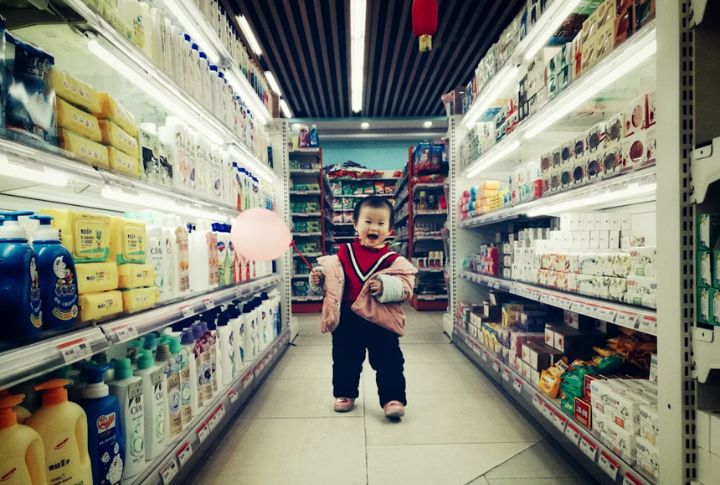
As kids run freely, it introduces unexpected movement and obstacles throughout the store. Shoppers may have to dodge them, and staff often deal with messes. More importantly, it increases safety concerns. Parents supervising their children closely can help maintain a secure and orderly shopping environment for all.
Leaving Shopping Carts Scattered Throughout Parking Lots
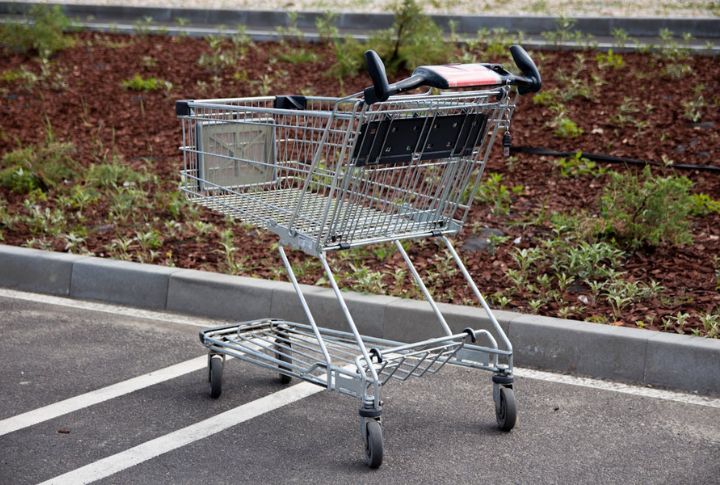
An abandoned shopping cart is more than just a minor eyesore. A sudden breeze of wind can send it rolling right into a parked car. Corrals are provided by the store for a reason. Taking a moment to return your cart keeps the lot organized, safe, and protects everyone’s vehicle.
Aggressively Squeezing Or Damaging Produce During Selection
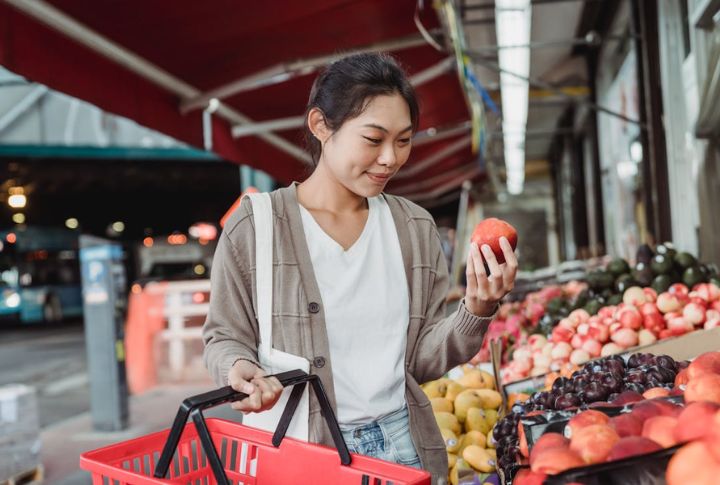
It’s natural to want fresh, undamaged fruits and vegetables. Yet, applying too much pressure—poking, squeezing, or digging to the bottom of the display—can leave the produce bruised or crushed. By handling items gently, you ensure high quality and appeal remain available for the next person shopping.
Taking Items Directly From Other Customers’ Carts
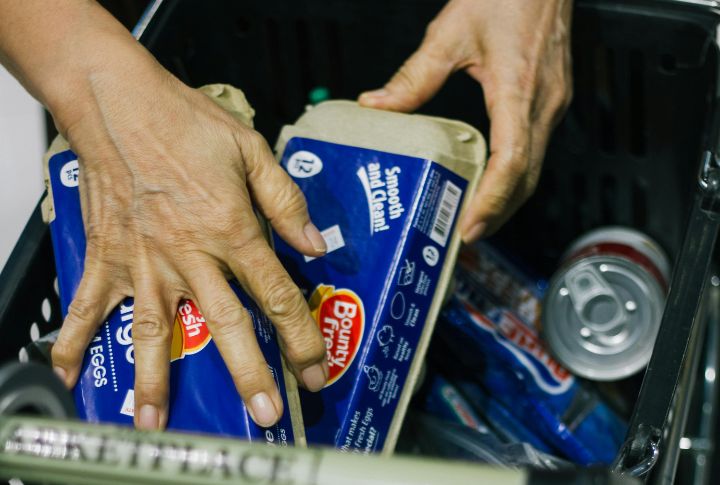
The act of grabbing from another shopper’s cart sparks instant tension and a sense of violation. Even when an item is scarce, this crosses a personal boundary in a public space. After all, items inside a cart are considered claimed, and taking them constitutes inappropriate shopping behavior.
Ignoring Employee Greetings Or Assistance Offers Completely
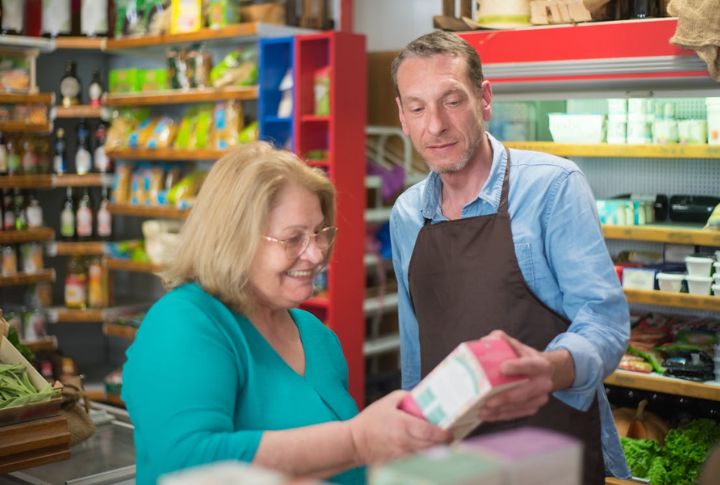
Store employees are attempting to be friendly and helpful as they greet you, so walking past without acknowledgment can come across as dismissive. Especially when taking a second to respond helps affirm their effort and strengthens the store’s community atmosphere for both staff and customers.
Parking In Handicapped Spaces Without Proper Permits
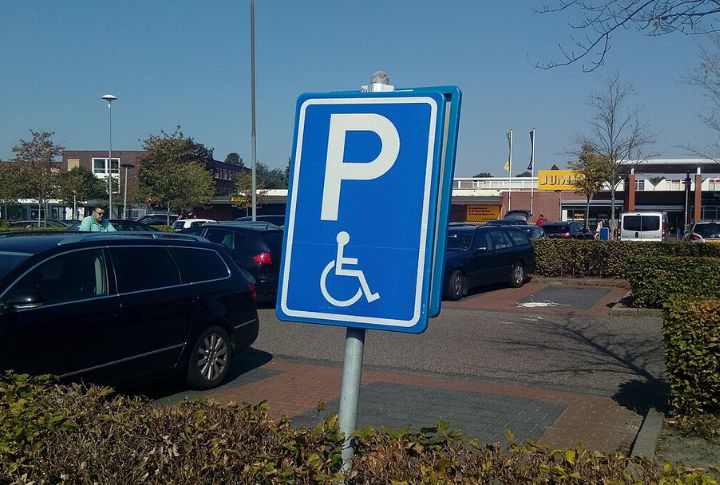
Ever pulled into a parking lot and spotted someone taking a handicapped space without a permit? It’s frustrating, right? Those spots aren’t there for convenience—they’re lifelines for people who need easier access. So, saving yourself a few steps shouldn’t come at the cost of someone else’s independence or dignity.
Using Express Lanes With Too Many Items
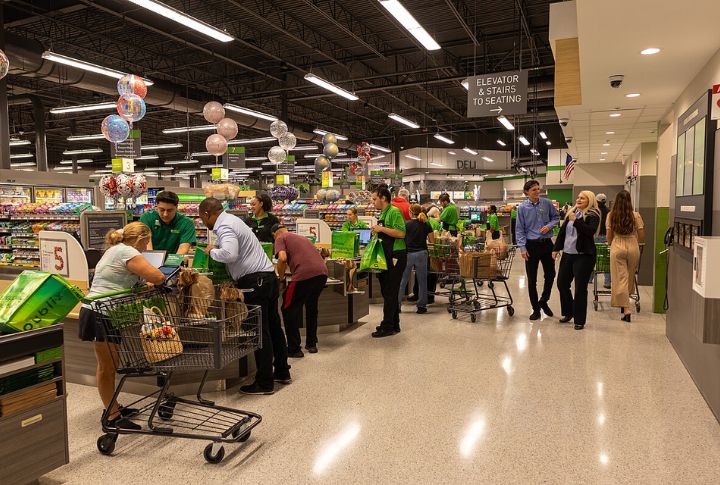
Express checkouts are carefully designed to handle small orders efficiently. Exceeding the stated item limit slows down the entire system for everyone behind you. It also defeats the main purpose of the lane, which is rapid service for customers who only have a few things to purchase.
Arguing With Cashiers Over Prices They Cannot Control
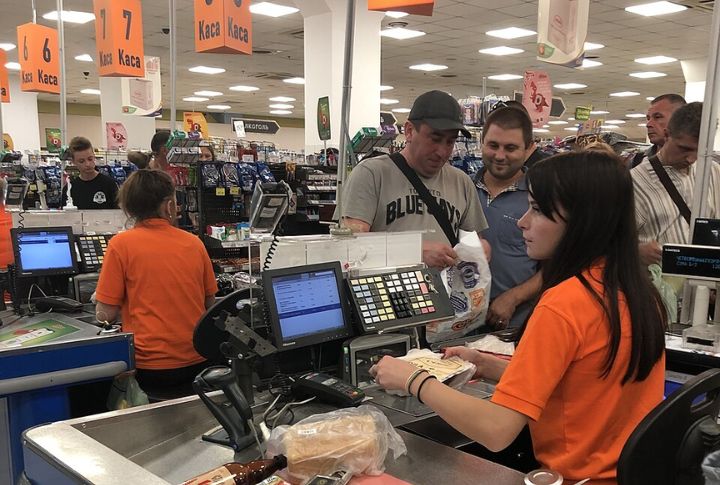
The person at the register is simply scanning items; they do not set the store’s prices. So, engaging in a heated price dispute delays the checkout process for everyone waiting. For any pricing issues, the courteous and effective approach is speaking directly to a store manager, who has the authority to help.
Creating Spills Or Messes And Leaving Them For Staff Cleanup

Any liquid spill or loose item on the floor becomes a slipping hazard that can cause a serious accident. If you see or cause a mess, the responsible action is to immediately locate and notify a staff member. A properly maintained and secured area ensures that everyone can shop safely.
Hoarding Sale Items Beyond Reasonable Personal Quantities
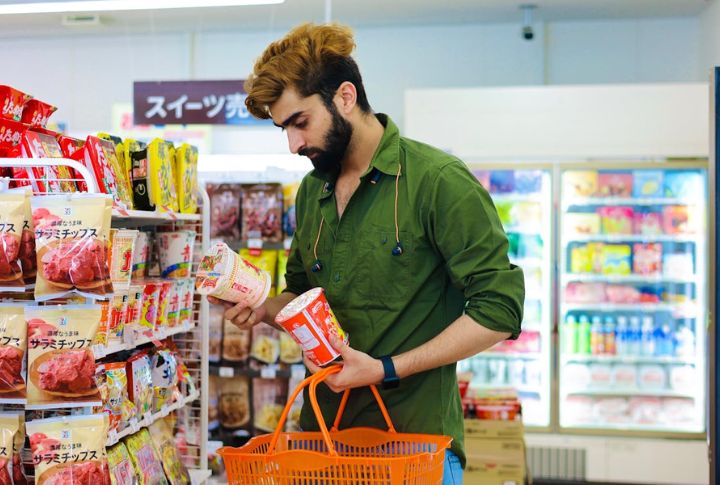
When one person takes an excessive amount of a deeply discounted item, it leaves others unable to access the deal. Families rely on advertised sales for their budget. Many retailers even establish “limit per customer” rules during sales to ensure everyone has a fair opportunity to purchase discounted products.
Dripping Wet Umbrellas Throughout Store Floors

Water trails left by dripping umbrellas turn walkways into slippery hazards, raising both safety concerns and extra cleanup work. Making use of the plastic bags or stands placed near entrances keeps the floors dry, prevents accidents, and spares staff unnecessary maintenance—all with one thoughtful, effortless step.
Shopping Barefoot Or In Inappropriate Attire
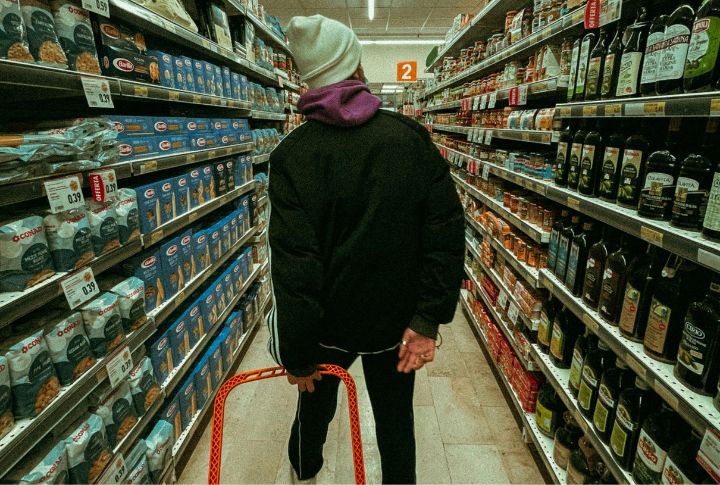
Being barefoot exposes skin to potential harm from dropped items or debris. Garments like swimwear or pajamas, considered too casual, can also introduce hygiene concerns in a shared retail space. Stores maintain basic standards for appropriate dress to protect the well-being and comfort of all visitors.
Coughing Or Sneezing Directly Onto Fresh Produce

In any shared shopping space, consideration for public health matters most. A cough or sneeze aimed toward uncovered produce can compromise the safety of the entire community. Basic courtesy involves turning away, covering your mouth with a tissue or elbow, and refraining from touching fresh items when you are feeling unwell.
Switching Or Peeling Off Price Tags Between Products
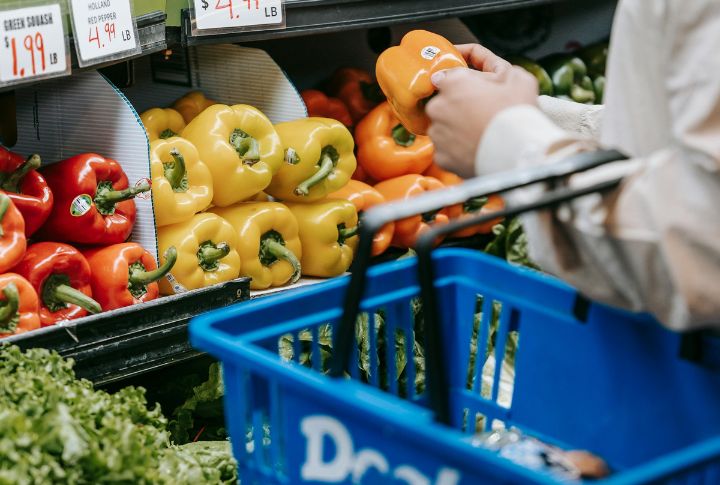
Swapping price tags between different products, or altering them, is not a simple deal-seeking maneuver. It is even defined as retail fraud and theft. Such behavior may result in severe consequences, including store bans and legal trouble, and always creates a disruptive hold-up at the register.
Sampling From Bulk Bins With Bare Hands

We’ve all seen it—that one person who grabs a handful of trail mix before bagging it. Tempting, sure, but unsanitary. Those bins are for everyone, and one unwashed hand ruins the batch. The scoops and tongs aren’t optional extras—they’re your ticket to guilt-free snacking.

